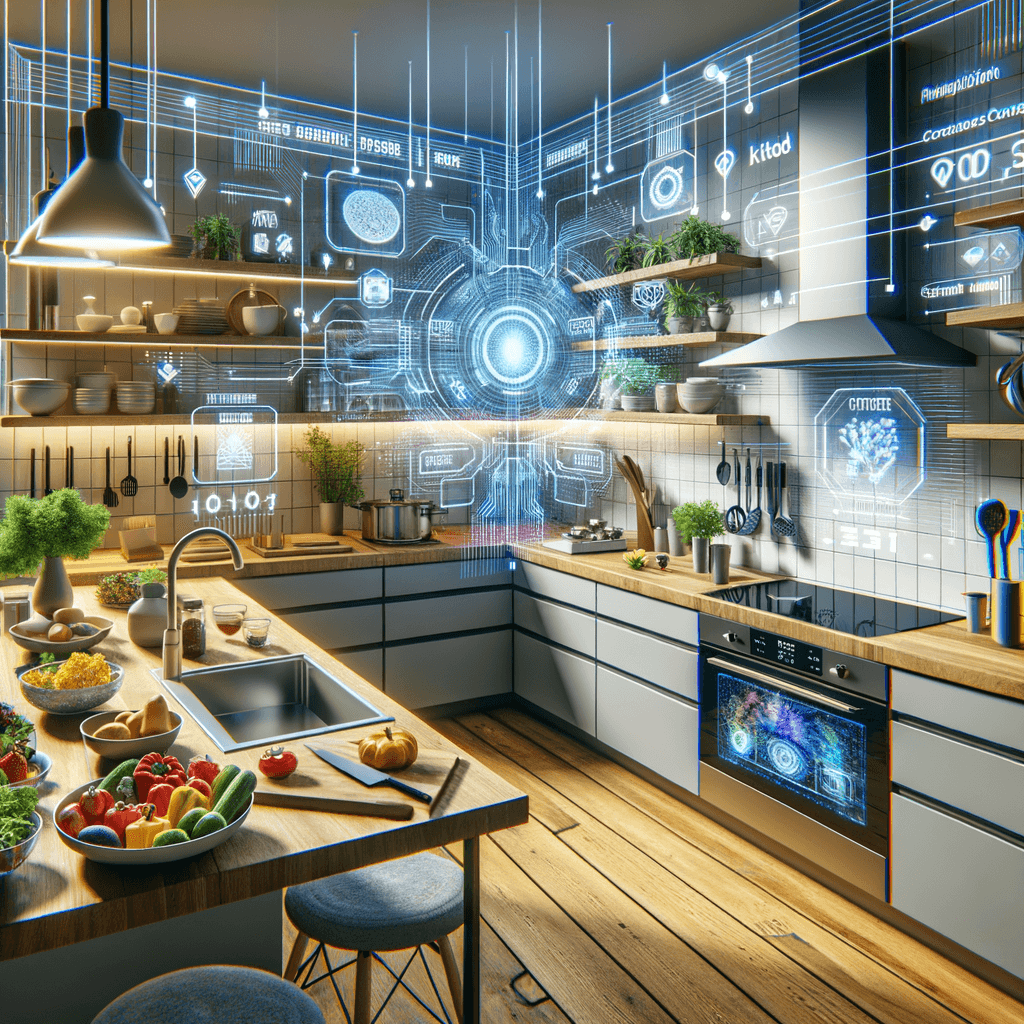
Smart Kitchen Renovation: Integrating Technology for a Future-Ready Culinary Space
By Total Care Kitchens Tue Nov 11 20258 minutes

The Rise of Smart Kitchens: Why Technology Matters
Homeowners increasingly aspire to create kitchens that are not only beautiful but also intelligent, efficient, and future-proof. Integrating technology into kitchen renovation goes beyond installing new appliances—it’s about harmonizing design, convenience, and sustainability to elevate everyday living.“A kitchen should be as intuitive as it is inspiring—technology empowers both.”
Smart Kitchen Layouts: Optimizing Flow and Connectivity
Modern kitchen layouts must accommodate both traditional cooking workflows and the demands of connected devices. Whether you’re drawn to a galley, L-shape, or open-concept kitchen, strategic placement of smart hubs, charging stations, and appliance zones is crucial for seamless operation.- Galley Kitchens: Streamlined for efficiency, ideal for integrated smart ovens and compact devices.
- L-Shape Kitchens: Offers flexibility for smart refrigerators and voice-activated lighting.
- Open Concept: Perfect for centralized control panels and interactive displays.
Intelligent Cabinetry and Storage Innovations
Cabinetry is evolving with the integration of motion sensors, LED illumination, and concealed charging docks. These features minimize clutter and enhance accessibility, catering to the needs of tech-savvy homeowners seeking both elegance and utility.- Sensor-activated drawers for hands-free access.
- Pull-out charging stations for devices and small appliances.
- App-connected inventory systems to track pantry items.
“Smart storage transforms the kitchen from a static workspace into a dynamic, responsive environment.”
Countertop Comparisons: Materials for the Modern Tech Kitchen
Selecting countertops for a smart kitchen involves balancing durability, aesthetics, and compatibility with embedded technology. Some materials are more conducive to wireless charging and integrated controls than others.| Material | Durability | Tech Compatibility | Style |
| Quartz | High | Excellent for embedded charging pads | Contemporary, versatile |
| Granite | Very High | Limited tech integration | Classic, luxurious |
| Butcher Block | Moderate | Not suitable for tech integration | Warm, rustic |
| Concrete | High | Customizable for tech inserts | Industrial, modern |
Appliance Integration: The Connected Culinary Suite
Today’s smart appliances offer remote operation, energy monitoring, and personalized settings. Integrating these into your renovation requires careful planning for power, network connectivity, and ergonomic placement.- Wi-Fi-enabled ovens for remote preheating and recipe syncing.
- Smart refrigerators with touchscreens and inventory management.
- Voice-controlled dishwashers and coffee makers.
Lighting the Smart Way: Layered Illumination and Automation
Lighting in a smart kitchen should be adaptive and programmable. Consider layered lighting schemes—task, ambient, and accent—controlled via apps or voice assistants to create the perfect mood or maximize productivity.- Circadian lighting systems that adjust color temperature throughout the day.
- Motion-activated under-cabinet LEDs.
- Voice-activated pendant and accent lights.
Eco-Friendly Upgrades: Sustainable Tech for the Kitchen
Sustainability remains a top priority for renovators. Smart faucets, energy-efficient appliances, and intelligent waste systems help reduce your kitchen’s environmental footprint while enhancing convenience.- Touchless, low-flow faucets with usage monitoring.
- Energy-star certified smart appliances.
- Automated composting and recycling bins.
“Eco-conscious technology ensures your kitchen remains efficient and responsible for years to come.”
Budgeting for a Smart Kitchen: Balancing Cost and Innovation
While smart features can increase upfront renovation costs, they often yield long-term savings through energy efficiency and convenience. Prioritize upgrades that offer the most significant lifestyle and financial returns.- Start with essential smart appliances, then expand as budget allows.
- Consider modular upgrades for future flexibility.
- Factor in professional installation for complex integrations.
Avoiding Common Mistakes in Smart Kitchen Renovation
Many homeowners overlook critical aspects of technology integration, leading to costly adjustments. Avoid pitfalls by planning for network coverage, device compatibility, and future scalability from the outset.- Neglecting Wi-Fi dead zones—ensure strong coverage throughout the kitchen.
- Overcomplicating controls—opt for unified, intuitive interfaces.
- Ignoring future upgrades—plan for modularity and expansion.
“Successful smart kitchens are built on thoughtful infrastructure, not just gadgets.”